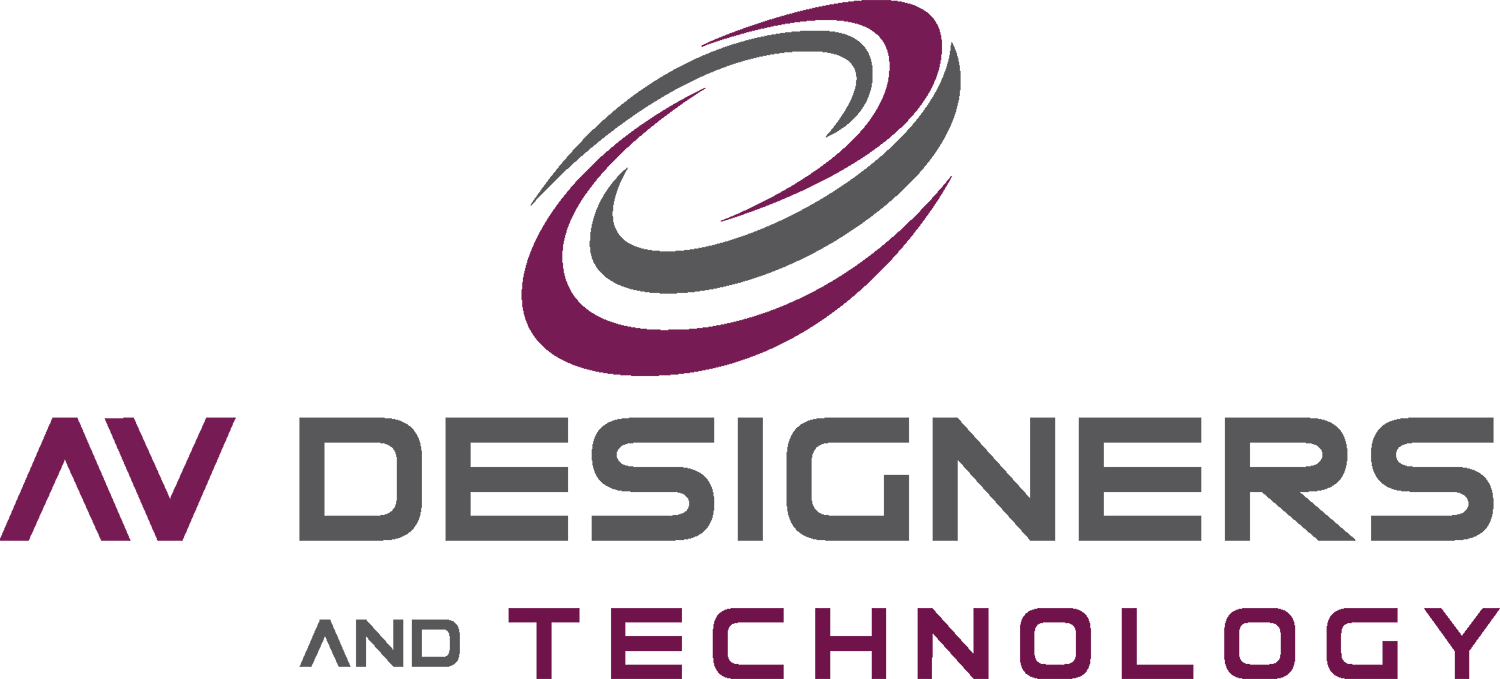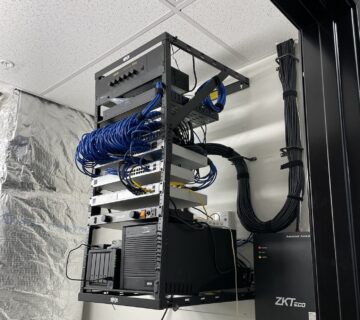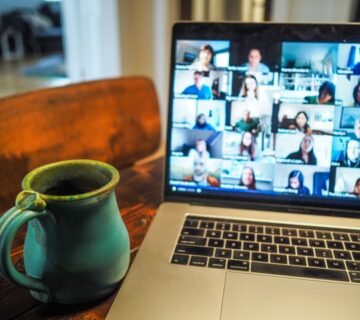Does Remote Work Decrease Productivity?
Although the abrupt shift to remote work due to the COVID-19 pandemic initially troubled employers and employees alike, some studies have already shown working from home may actually improve productivity, and multiple businesses, such as tech giants Facebook and Twitter, have committed to remote work for the indefinite future.
Will more businesses follow suit? Many isolated employees are wondering if they’ll ever return to the office.
Is Remote Work the Future of Work?
In his Minutes article, Matt Klassen, the VP of Product Marketing at Cherwell Software, predicts that after the COVID-19 pandemic, employers will grant their employees the freedom to choose where and how they work. As a result of this flexibility, work-life integration, Klassen argues, will replace work-life balance.
What Klassen calls work-life integration isn’t exactly new. The distinctions between home and office, leisure and work, have been unclear for a while, as phones, tablets and computers have kept employees constantly connected to their tasks, bosses and co-workers — even on nights and weekends. Still, there’s a big difference between experiencing some separation between one’s home and the company’s office and experiencing no separation at all.
Even if working from home increases performance for some employees, it certainly comes with troubling disadvantages. As Clive Thompson notes in a recent The New York Times Magazine piece, remote work is more accessible for privileged workers and often comes at the expense of leisure time and personal privacy, as companies continue to stress productivity and monitor performance.
Jumping to Conclusions
Is remote work the enemy of productivity? Is this unprecedented shift to remote work — prompted by the COVID-19 pandemic — the end of corporate offices? These questions, and the sweeping claims they encourage, certainly draw attention (take, for instance, the title of this blog post). But they may also cause businesses and employees to avoid more consequential and more complex conversations.
Although working from home undoubtedly offers benefits for some employees, does remote work ultimately benefit employees?
Will asking employees to combine home and office empower them to work on their terms, or will it cause them to work longer hours and experience burnout?
In “The Work You Do, The Person You Are,” American novelist Toni Morrison details the fine line between taking pleasure in one’s work and being defined by the work one does. “You make the job; it doesn’t make you,” she writes, sharing some of the wisdom her father shared with her. For Morrison, maintaining the separation between one’s work and one’s identity requires performing one’s work well and then stepping away — going home to one’s real life — after a hard day.
During the COVID-19 pandemic, business owners and employees across the globe have endured hard day after hard day. Although many employees are home, they can’t step away.
Will employees ever return to their offices?
Remote work may be the present reality for many employees and the future of work for some companies, but it simply isn’t a tenable long-term solution for every business, especially businesses that rely on consistent face-to-face interactions or hands-on collaborations. The more interesting question, perhaps, is how the COVID-19 pandemic will transform corporate offices.
Are you planning on returning to the office soon? Contact AV Designers to optimize your space for collaboration between in-person and remote employees. Our expert technicians will help you design and install A/V solutions that make video conferencing easier.






